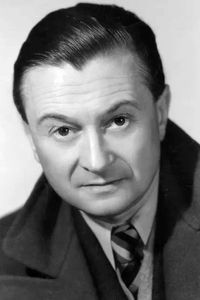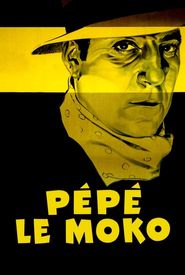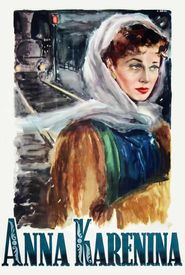Julien Duvivier, a renowned figure in French cinema, was revered by fellow directors such as Ingmar Bergman and Jean Renoir.
Initially, Duvivier worked as a stage actor before starting his film career in 1918 as an assistant to prominent French directors like Louis Feuillade and Marcel L'Herbier.
His first film, "Haceldama ou le prix du sang" (1919),was not successful, but he continued directing and eventually found his way as an artist at Film D'Art, a production company founded by Marcel Vandal and Charles Delac.
In the 1930s, Duvivier's talents flourished, starting with "David Golder" in 1930, and he became one of the leading forces in world cinema.
He began working with Jean Gabin, an actor who appeared in many of Duvivier's most notable films, including "Pepe le Moko" (1937),the story of a sly gangster and master thief who lives in the casbah section of Algiers.
The film made Jean Gabin an international star and earned Duvivier an invitation from MGM to direct a biopic of Johann Strauss, "The Great Waltz" (1938).
Duvivier found Hollywood agreeable and later returned there during World War II, producing a film of varied quality, including "Tales of Manhattan" (1942).
After the war, Duvivier returned to France, where he found his reputation damaged by his absence during the war years.
However, he continued to work in France, regaining success with films like "Le Petit monde de Don Camilo" (1951),which won a prize at the Venice Film Festival.
Duvivier's final project was "Diaboliquement vôtre" (1967),which he completed just before his death in an auto accident at the age of 71.
Despite his untimely death, Duvivier's legacy lives on through his films and in the minds and hearts of many.























